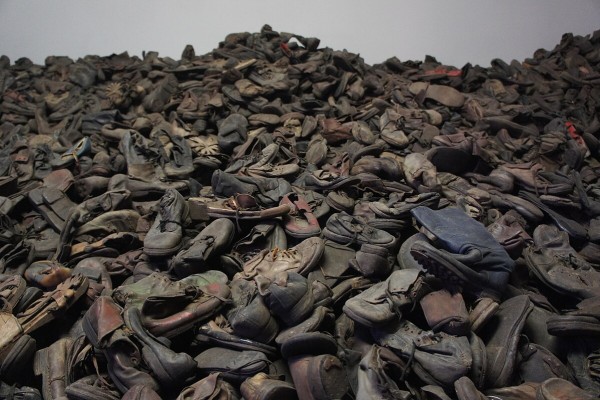German auction house Auktionshaus Felzmann has cancelled a planned sale of more than 600 Holocaust-era artefacts after intense criticism from survivor groups, Jewish organisations and foreign governments.
The auction, titled “The System of Terror”, had been scheduled to take place in Neuss, near Düsseldorf, and included concentration-camp letters, Gestapo index cards and other Nazi-era documents naming specific victims and prisoners. The Associated Press (AP) first reported the cancellation, citing confirmation from Polish officials.
The controversy intensified over the weekend after Poland’s Foreign Minister Radosław Sikorski said on the social-media platform X that he had taken up the matter directly with Germany’s Foreign Minister Johann Wadephul. Sikorski wrote that both leaders “agreed that such a scandal must be prevented” and thanked Wadephul for informing him that the auction house had withdrawn the sale.
Before the cancellation, survivor groups were vocal about their objections. The International Auschwitz Committee (IAC), a prominent organisation representing Holocaust survivors, described the auction as “cynical and shameless,” arguing that turning persecution-era documents into commodities disrespected both victims and their descendants.
IAC Executive Vice-President Christoph Heubner told AP that the letters and documents “belong with the families of the victims, or at least in museums or memorial archives” where they could serve educational and historical purposes rather than private collecting.
German media, including the news agency DPA, reported that the lots included prisoner correspondence from Auschwitz and other camps, yellow star patches from ghettos, and bureaucratic records documenting forced labour, arrests and sterilisation orders. Critics warned that the sale risked dispersing historically significant material into private hands, making them inaccessible to researchers and at risk of misuse, distortion or even exploitation by extremist collectors.
Poland’s Institute of National Remembrance (IPN), which oversees research into Nazi-era crimes, called the proposed sale “morally reprehensible” and indicated it would examine whether any of the items should legally or historically belong to Poland’s national archives. Statements from the IPN, reported by independent Polish outlets, stressed that documents involving Polish citizens deported or imprisoned under Nazi rule bear particular relevance for the country’s historical record.
By Sunday afternoon, visitors to the Felzmann website found that the entire auction listing had been removed. AP and Australian broadcaster ABC reported that the auction house did not respond to requests for comment, leaving unanswered questions about how the items were originally obtained and whether the provenance of each object had been fully verified.
The incident has renewed debate in Germany about the sale of Holocaust-related artefacts. While there is no nationwide ban, auctions of such materials regularly trigger public backlash, with many urging that anything directly tied to genocide, persecution or named victims be transferred to public institutions instead of trading on the open market.
(With inputs from Agencies)





